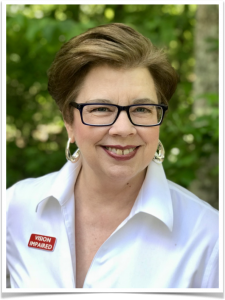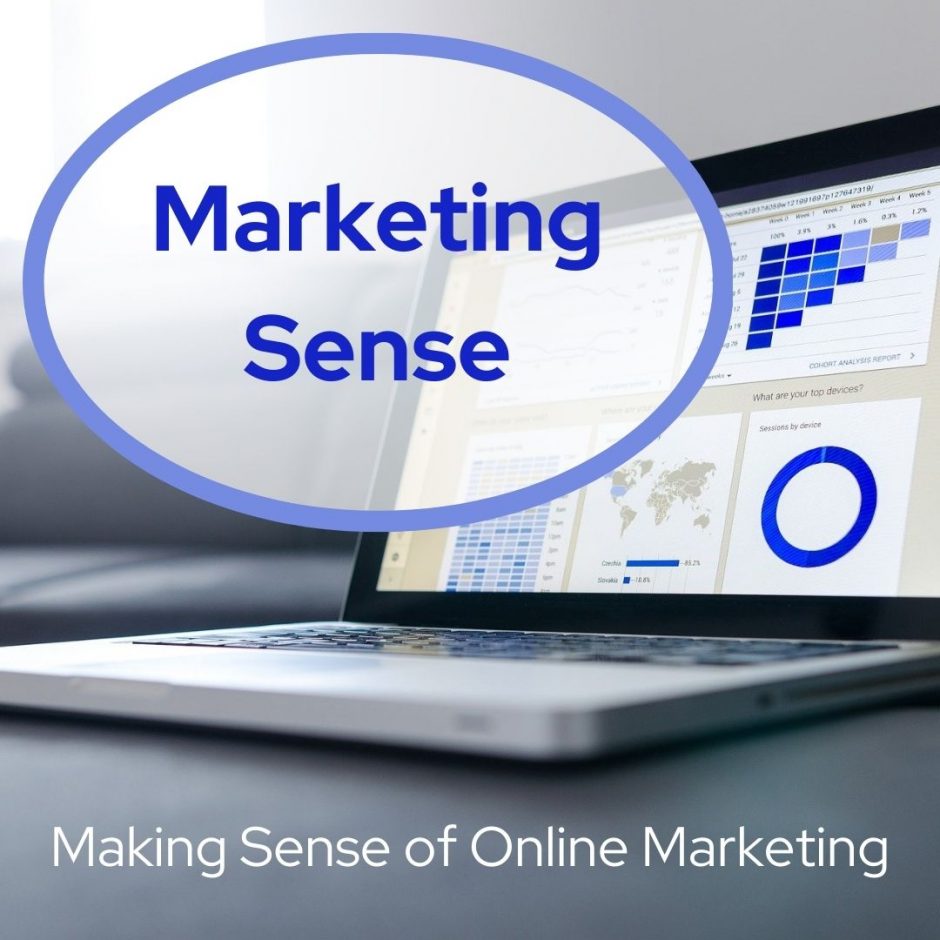If your website is on Domain A’s URL (web address) and your blog is on Domain B’s URL, the Google police are not going to come get you. Hooray! But let’s back up a step. Is it wise to have two websites? Consider the following facts.
(NOTE: If you’re using a free website service, ignore Point 2B below.)
Point 1
Think of your website as your digital home…where anyone who wants to know about you or your message can find info about both in one place.
If you have two digital homes (one with your website and one with your blog) seekers will have to (or feel they have to) visit both locations to fully grasp who you are, who you serve, and so on.
How often do you visit two websites to learn about the same person or ministry? I’m guessing your answer is, “Rarely.”
Point 2A
Two websites (even if one’s your blog) cost twice as much, because digitally, they’re separate entities. Both will need to be hosted, maintained, protected, and so on, which requires cold hard cash or its equivalent.
If your blog is on your main website (as a separate, designated area instead of as a separate website), you’ll only pay for one of everything.
Point 2B
Unless you’re using a free hosting and maintenance service, which makes point #2A moot, yet still helpful when making future website decisions.
Point 3
Two websites–whether free or paid– confuse readers accustomed to finding blogs as part of a main site via that site’s URL (web address) by default.
They’ll have to remember to visit your blog’s address for new, fresh articles and your website’s address for the more permanent content such as your mission statement, about page, and the like.
Point 4
Maintaining your website and blog (on two digital “homes”) adds an extra burden to your marketing. How so? Every promotion must include not just your main website’s URL but your blog’s as well, with an explanation about which is which. More potential confusion.
Reader confusion is not good.
“But,” you might say, “that’s not a problem for me. My regular readers know how to find my stuff.” True. But in order to reach new readers–and we ALL want new readers, right?–it’s our responsibility to help people who don’t already know us…find us. Online. Easily. Oh.
Point 5
It’s very important not to have duplicate content on two websites, even if they’re both yours. Experts disagree about the importance of this point. Do your research and decide for yourself.
Point 6
Your Google rank is a real thing. We could both spend hundreds of hours and thousands of dollars to understand SEO. Let’s not do that today.
Instead, let’s talk about incoming links (made when a “BIG DOG” links from their website to yours). This is different from an outgoing link (made when you link from your website to another website, BIG DOG or not).
Why are incoming links so much more valuable? Because the BIG DOG / important person / well-known influencer is a proven entity. They have an established audience made up of loyal fans. They’ve already paid their dues, SEO-wise.
If Martha Stewart, Elon Musk, or a highly regarded leader in your field links to your website, your life could potentially change overnight. That’s not the goal of this article, but it’s a great way to show why incoming links are more valuable.
Imagine turning that around, where you or I link to such a person. Not the same effect, according to Google. So, while it’s good to use outgoing links, they don’t pack the punch that incoming links from important people do. (Google decides who those important people are; we have no voice in the matter.)
Point #7
Let’s imagine you have two sites, using one for your official website and the other for your blog. Incoming links begin pointing toward your sites. Hooray again!
But if those links don’t point to the same site–your website or blog–their power will be diluted, weakening their impact. The link-er gets to choose which site to point their link toward.
Far better to have one site so that ALL the SEO “juice” is given to one site and not randomly split between the two.
Point 8
If you chose two sites long ago and are well established, leave things as they are until, and if, Christ leads you to make a change.
Point 9
Creating your first website is SO exciting! In no time, we hope, the world will be our oyster. But it doesn’t usually happen that way.
There’s lots to learn, including marketing strategy.
But rest easy. As a Christian communicator, God is watching over you, guiding you forward, drawing your audience to you as you serve them in His name.
He doesn’t expect you, me, or anyone else to know everything.
He is our good God, yes?
With His help, you can do this!

Patricia Durgin is an Online Marketing Coach and Facebook Live Expert. She trains Christian writers and speakers exclusively, helping them develop their messaging, marketing funnels, conversational emails, and Facebook Live programs. Patricia hosted 505 (60-minute) Facebook Live programs from 2018-2020. That program is on indefinite hiatus. She’s also a regular faculty member at Christian writers and speakers conferences around the country.
Website: marketersonamission.com
Facebook: MarketersOnAMission





No Comments